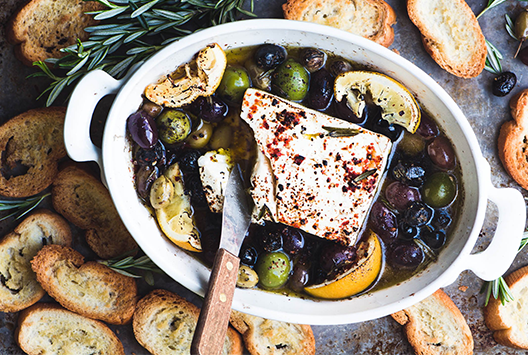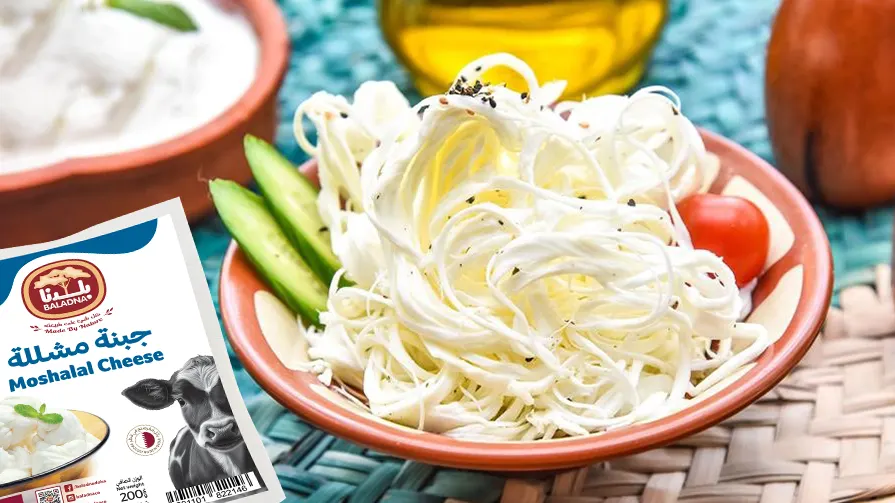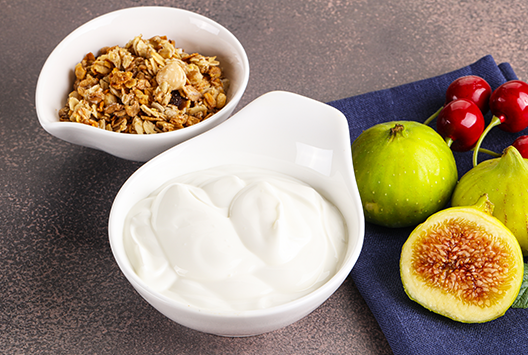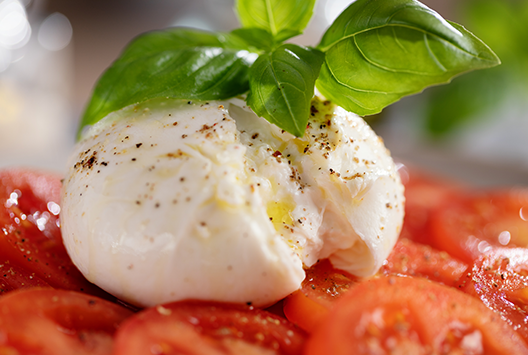
Beyond The Block: Foods You Can Eat With Feta Cheese
Similar
Feta cheese is an iconic cheese that has been enjoyed for centuries in Mediterranean countries. Its unique flavor and texture set it apart from other cheeses. Not only is it a delicious addition to any meal, but it also offers a variety of health benefits.
This dairy product is the perfect option if you’re looking to add a unique flavor to your dishes. From salads to different kinds of pasta, many foods pair well with feta. Here are some of them:
Salads & Vegetables
Do you want to get more protein and nutrients from your meals? Adding dairy products to salads is a great way to do just that! Dairy products contain essential vitamins and minerals to help you feel fuller for longer. They’re also a significant source of protein, which can help build muscle and aid in weight management.
Feta cheese is one example of a dairy item that goes perfectly with various salads and vegetables. You can chop it into cubes and add it to a classic Greek salad or create a Mediterranean-style salad with feta, tomatoes, cucumbers, and olives. You can also sprinkle some feta over a bed of greens or roasted vegetables for a flavorful and nutritious meal.
Pasta Dishes
Of course, it's a known fact that adding cheese to your favorite pasta dishes will elevate your culinary experience. Incorporating feta cheese in your pasta dishes can add a unique flavor and texture to your meal. You can either use it as a topping or mix it into the pasta.
Feta cheese is especially delicious with tomatoes, olives, and garlic. You can add feta to classic dishes like macaroni, cheese, or lasagna.
Aside from that, feta cheese can add a touch of salty flavor to any pasta dish. For example, you can sprinkle it over a creamy Alfredo sauce or mix it into a pesto sauce. The possibilities are endless!
Meats
You might think pairing feta with meat is odd, but you will never know what a treat it is until you try it. You can mix feta with ground beef for a delicious burger patty. Or, you can top a grilled steak with feta for a salty, tangy flavor.
You can combine feta with other ingredients to create an amazing marinade for your favorite meats. For example, you can mix feta, olive oil, garlic, and oregano to create a flavorful marinade for chicken, pork, or beef.
Desserts
Feta pairs well with sweet flavors like honey, cinnamon, and chocolate. You can make a delicious feta and honey tart or a feta and dark chocolate brownie if you’re a fan of sweet and salty combos. You can also use feta to make a savory cheesecake or top a slice of cake with crumbled feta for a salty and sweet twist.
You can never go wrong with feta
With its creamy texture and salty flavor, it is easy to see why feta cheese is a popular choice for many dishes. So, the next time you want to elevate your meal, try adding some feta. You won't regret it!
Baladna offers a wide variety of dairy products that satisfy your taste buds — from feta cheese to yoghurt and cream cheese. Whether you are looking for something to top your salads or something to add to your pasta dishes, Baladna has you covered. Buy our products today!



